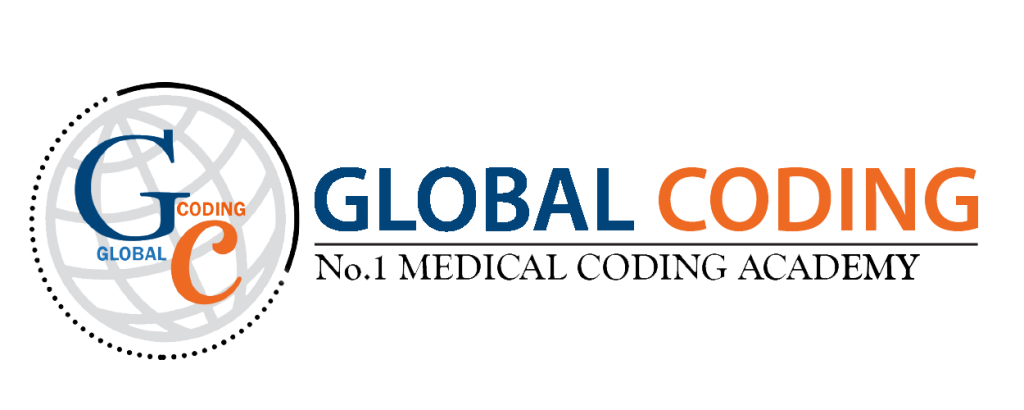COC Exam Training (Certified Outpatient Coder)– AAPC
- Proficiency in assigning accurate medical codes for diagnoses, procedures, and services performed in the outpatient setting (emergency department visits, outpatient clinic visits, same-day surgeries, diagnostic testing (radiology and laboratory), and outpatient therapies (physical therapy, occupational therapy, speech therapy, and chemotherapy))
- Proficiency across a wide range of services, including evaluation and management, anesthesia, surgical services, radiology, pathology, and medicine
- Knowledge of coding rules and regulations along with proficiency on issues regarding medical coding, compliance, and reimbursement under outpatient grouping systems. COCs can better handle issues such as medical necessity, claims denials, bundling issues, and charge capture
- Ability to integrate coding and reimbursement rule changes in a timely manner to include updating the Charge Description Master (CDM), fee updates, and the Field Locators (FL) on the UB04
- Correctly completing a CMS 1500 for ASC services and UB04 for outpatient services, including the appropriate application of modifiers
- Knowledge of anatomy, physiology, and medical terminology commensurate with ability to correctly code provider services and diagnoses
- A working knowledge in the assignment of ICD-10-CM codes from Volumes 1 & 2
The COC Exam Pattern:
- 150 multiple choice questions (proctored)
- 5 hours and 40 minutes to finish the exam
- One free retake
- $380 ($300 AAPC Students) - one free retake
- Open code book (manuals)
Salient Features of CPC/ Training
- Medical Terminology – 10 questions
Medical terminology for all systems in the human body. - Anatomy – 10 questions
Anatomy for all systems in the human body. - Coding Guidelines – 5 questions
- ICD-10-CM Official Guidelines for Coding and Reporting
- CPT® coding guidelines and parenthetical notes
- Modifier use
- APCs
- Revenue codes
- Status Indicators
- Payment Indicators
- Condition codes
- Calculation of proper payments (excerpts from Addendum B and Addendum AA are provided on the exam)
- IPPS Payment Methodology
- Elements needed to determine MS-DRGs
- Code sets required for inpatient claims
- Reimbursement for teaching hospital setting
- Change masters
- NCDs/LCDs
- HIPAA
- ABNs
- ICD-10-CM Official Guidelines for Coding and Reporting
- Diagnoses for all the chapters included in ICD-10-CM
- Diagnosis questions will also appear in other sections of the exam from the CPT® categories
- Evaluation and Management – Emergency Department, Outpatient Clinics, Observation, Critical Care
- Surgery – 10000 series to 60000 series with Procedures approved for outpatient hospital facilities, Procedures approved for ASC facilities
- Radiology – Diagnostic Radiology, Diagnostic Ultrasound, Radiologic Guidance, Mammography, Bone and Joint Studies, Radiation Oncology, Nuclear Medicine
- Laboratory/Pathology – Organ and Disease Panels, Drug Testing, Therapeutic Drug Assays, Evocation/Suppression Testing, Consultations, Urinalysis, Molecular Pathology, MAAA, Chemistry, Hematology and Coagulation, Immunology, Transfusions, Microbiology, Anatomic Pathology, Cytopathology, Cytogenetic Studies, Surgical Pathology, In vivo and Reproductive
- Medicine – Immunizations, Psychiatry, Dialysis, Gastroenterology, Ophthalmology, Otorhinolaryngology, Cardiovascular, Noninvasive Vascular Studies, Pulmonary, Neurology, Central Nervous System Assessments, Hydration, Therapeutic and Diagnostic Administration, Chemotherapy Administration, Physical Medicine and Rehabilitation, Patient Education and Training, Non-Face-to-Face Nonphysician Services, Moderate Sedation


Comments are closed